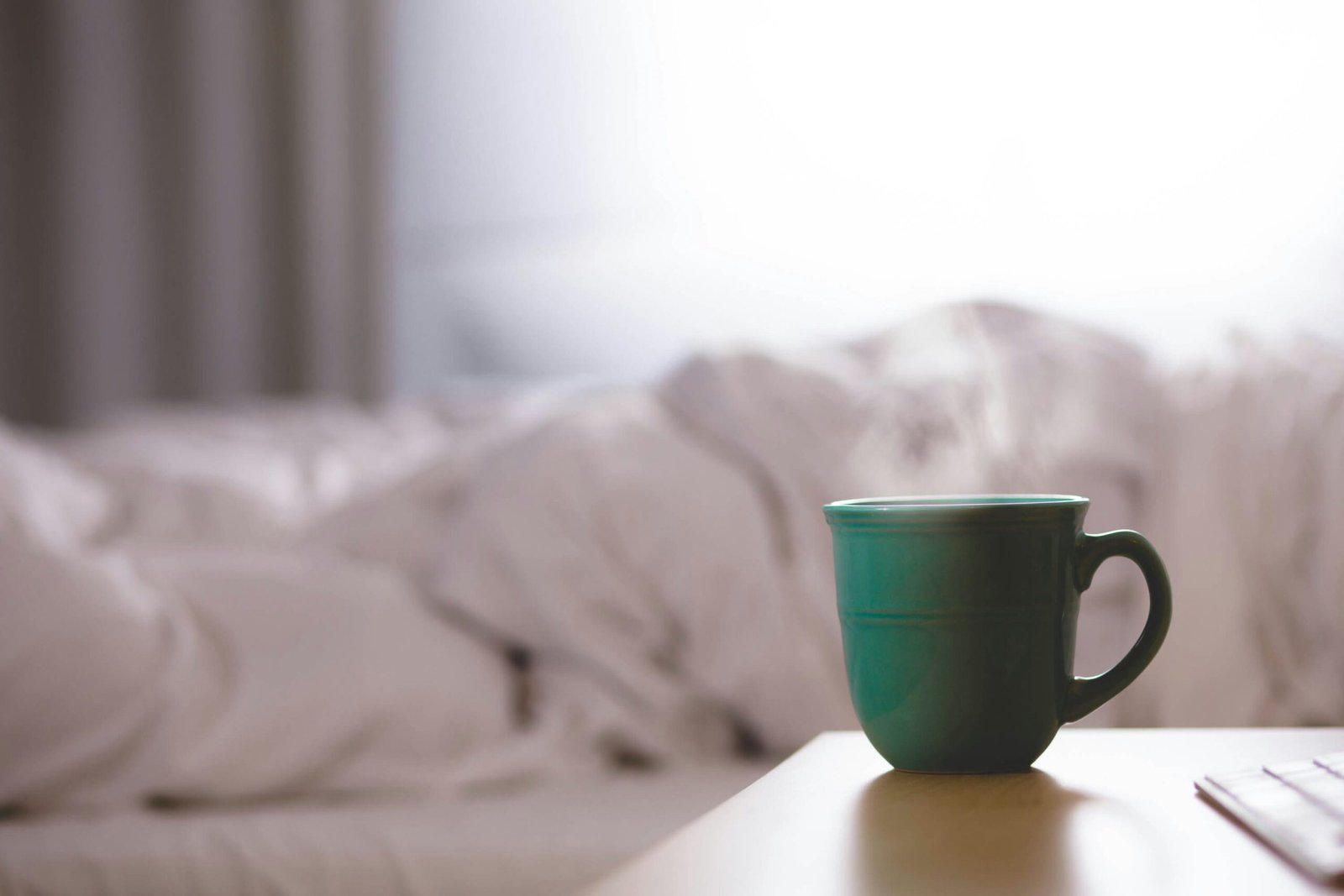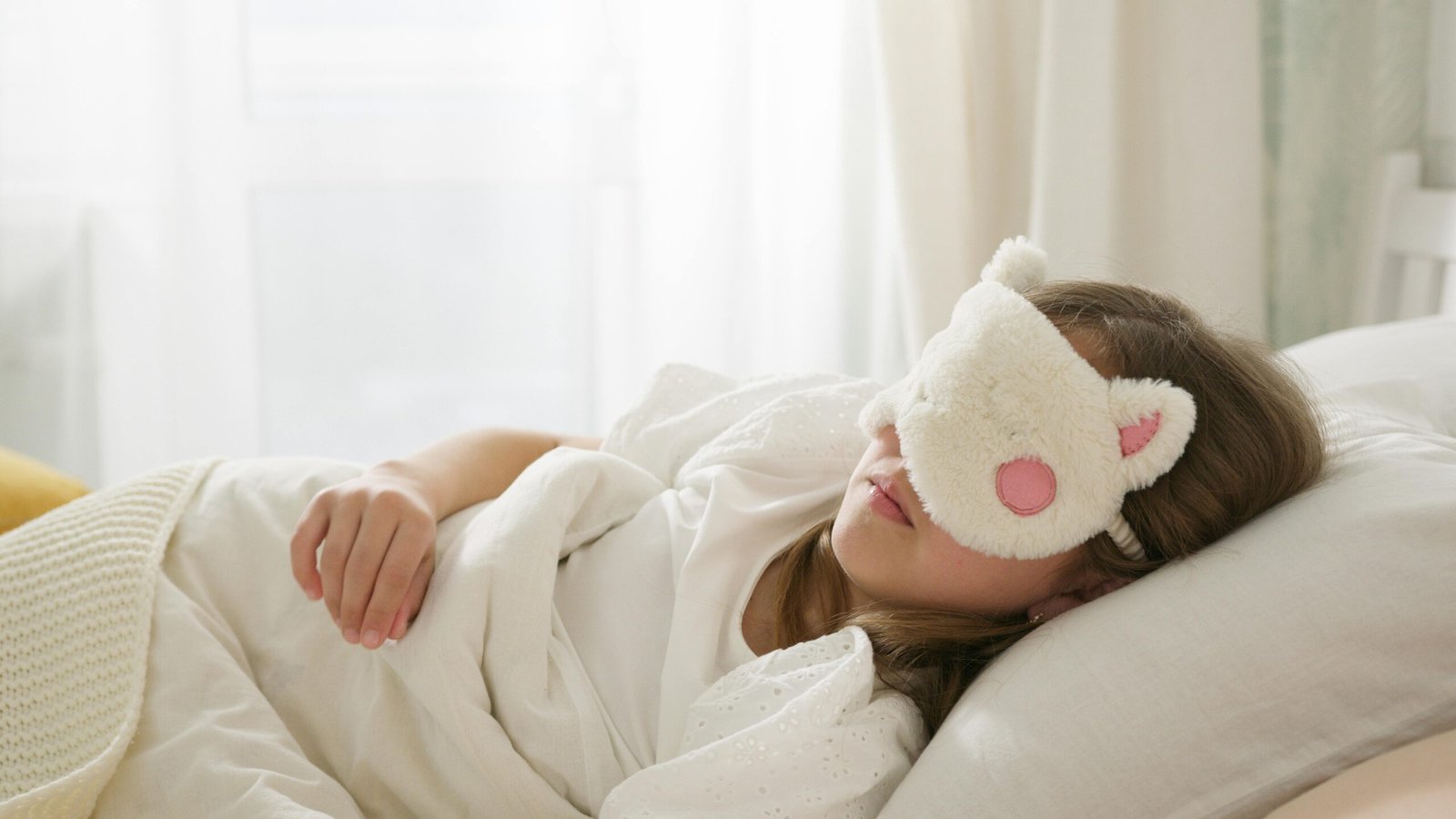

The Role of Tea for a Better Sleep Experience
A relaxing tea ritual can be an effective way to signal the body that it is time to wind down, creating an environment conducive to restful slumber. Herbal teas, in particular, are favored for their calming properties, often used as natural remedies to promote relaxation and enhance sleep quality. Many cultures around the world have long embraced tea as a comforting companion to their nighttime rituals, utilizing various botanical ingredients known for their soothing effects.
Key ingredients found in herbal teas—such as chamomile, lavender, and valerian root—are celebrated for their ability to help reduce anxiety, promote relaxation, and support a peaceful transition into sleep. The warm, fragrant experience of sipping herbal tea not only contributes to a comforting bedtime routine, but also prepares the mind and body for rest through its gentle, calming effects. As we delve deeper into the selection of specific teas that can aid in sleep, it is essential to acknowledge the broader context of sleep health and the integral role of nightly rituals in enhancing overall well-being.
Herbal Teas Famous for Promoting Sleep
Herbal teas have been cherished for centuries, particularly for their calming and sleep-inducing properties. Among the most prominent sleep-promoting herbal teas are chamomile, lavender, valerian root, and passionflower. Each of these herbal options boasts unique qualities that contribute to improved sleep quality.
Chamomile tea is perhaps the most well-known for its relaxation benefits. The active compound, apigenin, found in chamomile binds to specific receptors in the brain, promoting drowsiness and lowering anxiety levels. To brew chamomile tea, steep dried chamomile flowers in hot water for 5 to 10 minutes. This gentle infusion not only aids in sleep but also possesses antioxidant properties.
Lavender tea is another remarkable choice, renowned for its soothing aroma. Studies suggest that inhaling lavender’s scent can enhance sleep quality, while drinking lavender tea may also lead to similar benefits. The ideal preparation involves steeping dried lavender buds for about 10 minutes, allowing the fragrance and flavor to fully develop. This tea not only promotes restfulness but also improves mood and reduces stress.
Valerian root is often found in sleep-support formulations due to its sedative effects. Research indicates that consuming valerian root tea can significantly reduce the time it takes to fall asleep and improve sleep quality. To prepare this herbal tea, steep one teaspoon of dried valerian root in boiling water for 10 to 15 minutes. However, its potent effects may vary from person to person, so it is advisable to start with a smaller amount.
Lastly, passionflower tea has gained popularity for its ability to enhance sleep quality. It contains gamma-aminobutyric acid (GABA), which helps quiet the mind and promote relaxation. Steeping dried passionflower leaves for about 10 minutes creates a floral, calming infusion ideal for evening enjoyment. The combination of these herbal teas creates a versatile toolkit for individuals seeking a peaceful night’s rest.
Creating a Relaxing Tea Ritual
Establishing a relaxing tea ritual can significantly enhance your bedtime routine, setting the stage for tranquility and restful sleep. The first step is to identify the ideal timing for your tea consumption. Aim to enjoy your chosen tea about 30 to 60 minutes before you plan to go to sleep. This allows your body to absorb the calming properties of the tea without needing to make late-night trips to the restroom.
Next, it’s essential to create a calming environment that enhances your relaxation experience. Dimming the lights, turning off screens, and creating a peaceful atmosphere can help signal to your body that it’s time to wind down. You might consider using soft music or nature sounds to further add to the calming ambiance. Investing in a comfortable seating area with soft textiles can turn this ritual into something truly special.
Incorporating mindfulness techniques into your tea ritual can take the relaxation experience to another level. As you brew your tea, take deep, intentional breaths, focusing on the sensations involved in the process. Notice the warmth of the kettle, the aroma of the tea leaves, and the delight of watching the color shift as the tea steeps. This mindfulness practice not only fosters a deeper connection to your ritual but also helps to quiet the mind, reducing anxiety and promoting a sense of peace.
Moreover, the importance of routine cannot be overstated. Consistently performing this tea ritual signals your body that it is time to transition from the busyness of the day to a more peaceful state. By integrating a tea ritual into your evening routine, you apply both sensory engagement and psychological cues to facilitate relaxation and ultimately improve your quality of sleep.
RELATED POSTS
View all



